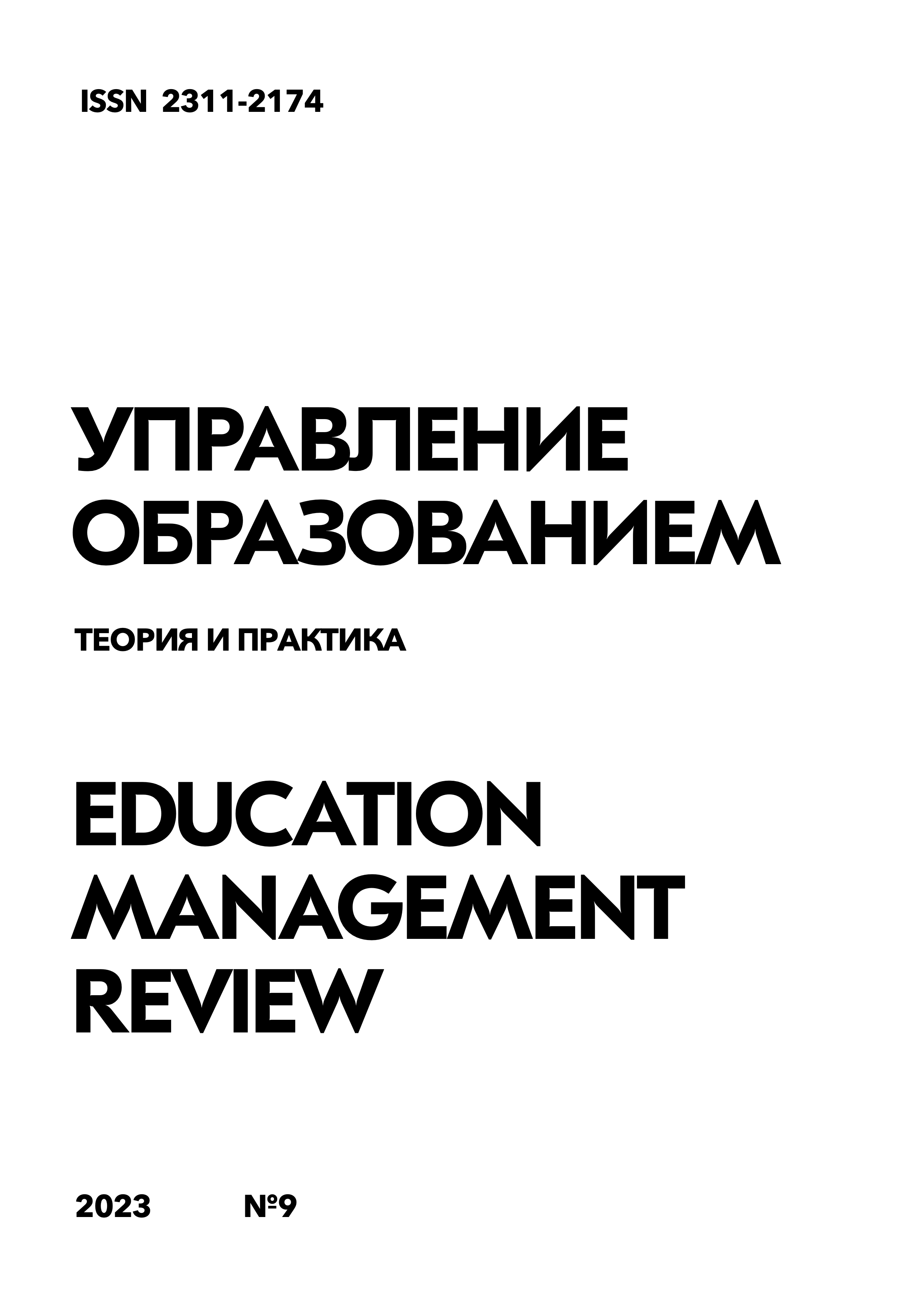Modern technologies in teaching digital skills at the level of higher professional education in the Russian Federation
DOI:
https://doi.org/10.25726/w8446-7694-4952-tKeywords:
digitalization of education, digital skills, continuous learning, adaptive learningAbstract
This article provides an in-depth study of current trends, advanced technologies and innovative models of digital skills formation in the educational landscape of the higher professional education system of the Russian Federation. The study highlights the urgent need to create a digital educational environment driven by profound economic and social transformations. It explores the potential of transformative learning models and modern educational solutions applicable to various learning paradigms and within all possible learning models, including face-to-face, distance, mixed and hybrid learning. In light of the current global challenges faced by traditional education, accelerated by rapid progress in the digital sphere, this study focuses on the need to adapt and create a dynamic digital educational ecosystem. By integrating advanced technologies and promising pedagogy, higher education institutions can effectively equip students with the necessary digital competencies that modern specialists require. The significance of the article goes beyond academia, serving a diverse audience of education professionals at all levels in the era of "lifelong learning". The conclusions and ideas offered here will be of interest to teachers and companies providing educational solutions. The results of the study offer stakeholders effective strategies that they can use, aligning their practice with the changing educational landscape and the constantly evolving digital world. As the digital revolution penetrates into all spheres of life, from commerce to communications, the pursuit of digital skills in higher professional education becomes a key moment for ensuring the readiness of specialists and social sustainability. In this context, the article serves as a resource, drawing attention to the urgent need for joint efforts to create an inclusive digital and innovative educational environment. The findings of the study resonate not only in the educational community of the Russian Federation, but also have significance for similar global educational systems seeking to respond to the challenges of the digital age.
References
Кузнецова Е.В., Петрова, Е.Е. Инновационные подходы в образовании высшего профессионального уровня: цифровые компетенции и современные технологии // Вестник Российского университета дружбы народов. Серия: Педагогика и психология. 2019. № 23 (4). C. 620-630.
Горбунова Н.А. Современные технологии в образовании: перспективы и вызовы // Высшее образование сегодня. 2020. № 7. C. 55-67.
Иванов А.С., Смирнов Н.А. Интеграция геймификации в образовательный процесс: опыт применения и перспективы развития // Педагогический опыт: теория, методика, практика. 2018. № 12 (3). С. 78-89.
Калинина О.А., Сергеев, С.С. Применение виртуальной реальности в обучении цифровым навыкам // Вестник Тамбовского университета. Серия: Гуманитарные науки. 2017. № 22 (1). С. 184-191.
Морозова Е.Н., Николаев, В.Н. Масштабные открытые онлайн-курсы в высшем образовании: роль и перспективы // Инновационные образовательные технологии. 2019. № 18 (1). С. 45-56.
Орехова Е.С., Степанов, В.И. Адаптивное обучение и его применение в высшем профессиональном образовании // Вестник Пермского университета. Серия: Педагогика. 2018. № 14 (2). С. 132-145.
Петров В.А., Смирнова, И.В. Технологии аугментированной реальности в контексте обучения цифровым навыкам в вузе // Современное образование. 2020. № 6. С. 99-110.
Резник А.Л., Григорьева О.Е. Гибридные модели обучения: новые форматы преподавания и их эффективность // Научно-методический электронный журнал "Концепт". 2019. № 8. С. 14-25.
Стратегия цифровой трансформации отрасли науки и высшего образования, утвержденной 14 июля 2021 г. Министерством науки и высшего образования РФ. URL: https://minobrnauki.gov.ru/documents/?ELEMENT_ID=36749
Сидоров Д.С., Красников, А.С. Применение искусственного интеллекта и интеллектуальных помощников в образовательном процессе // Информационные технологии в образовании и науке. 2017. № 3 (2). 68-78.
Храмцова Е.В., Беляев, И.А. Перспективы применения образовательных мессенджеров в вузах // Инновационные образовательные технологии. 2018. № 17 (3). С. 102-113.




